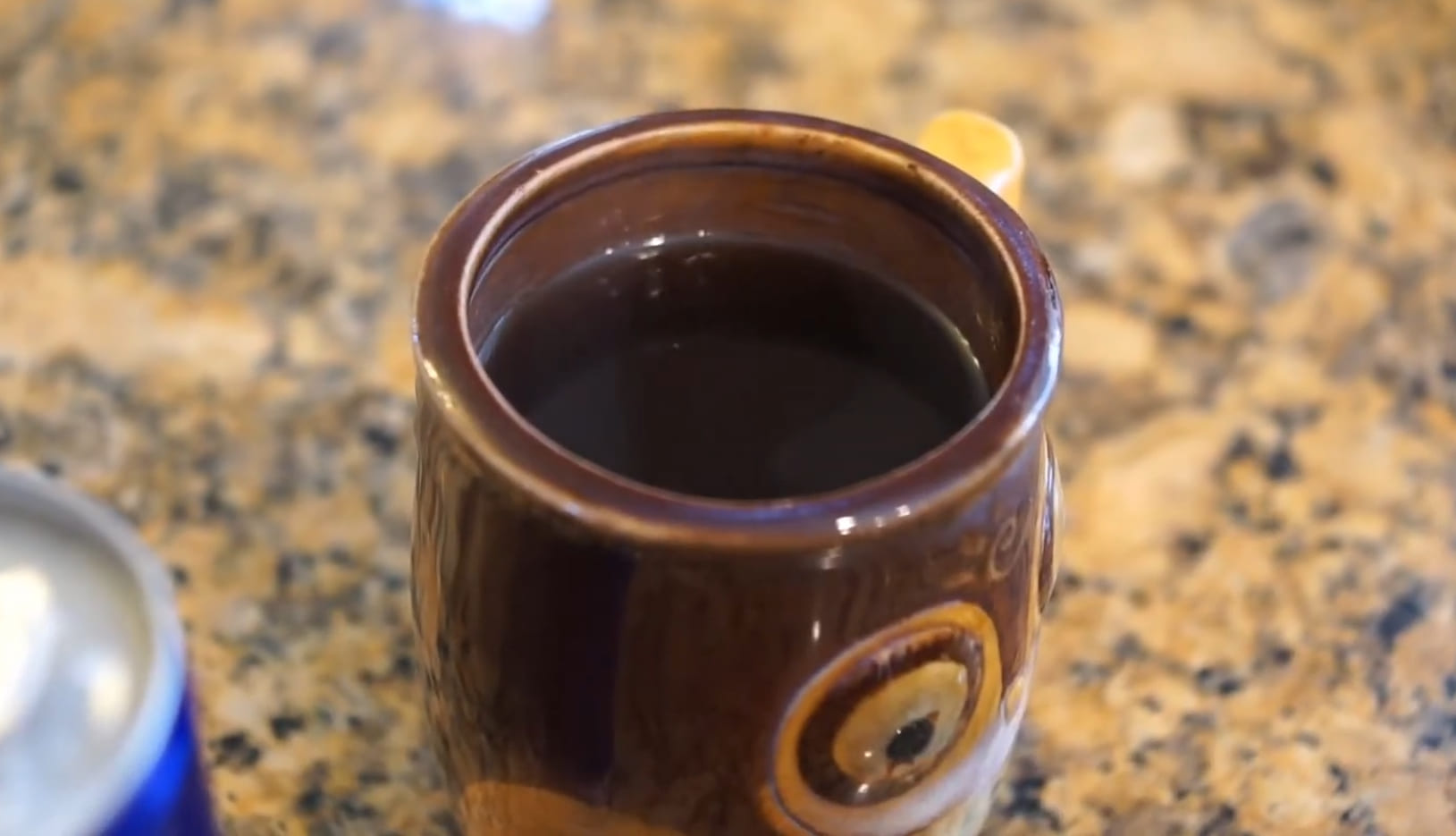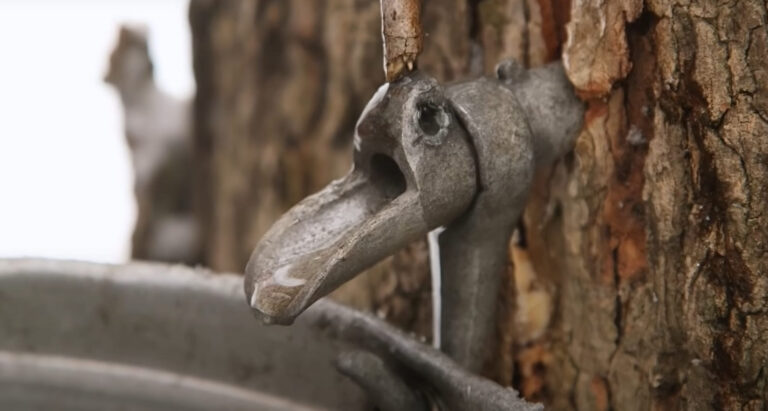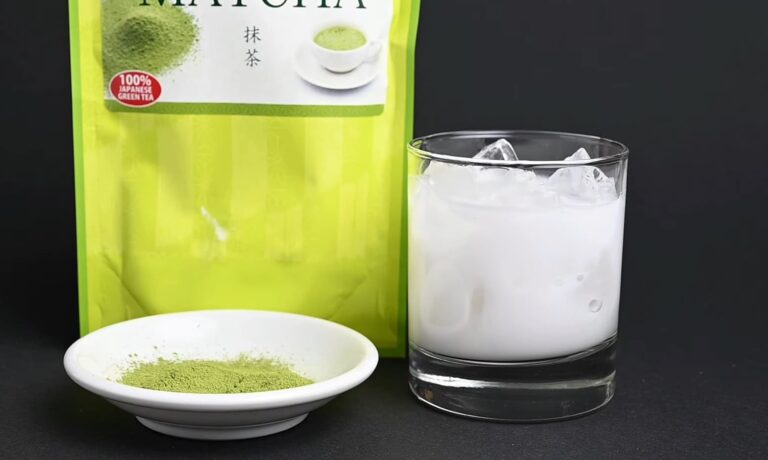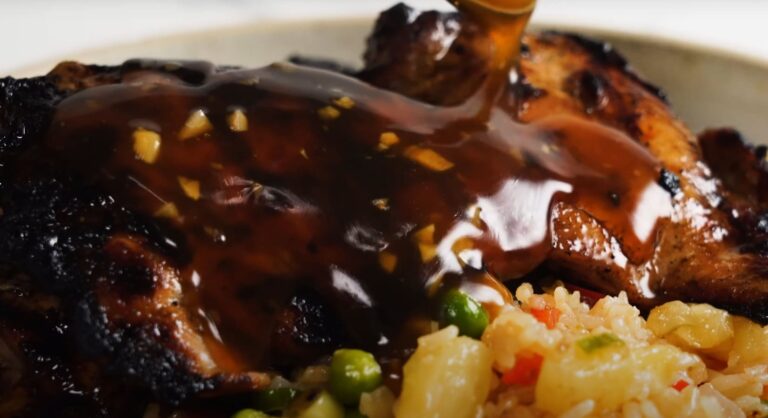Can You Mix Red Bull and Coffee?
The debate rages on: should you mix Red Bull and coffee? While some swear by the extra jolt this caffeinated combo provides, others warn of potential risks. This article delves into the science and safety behind this rising trend. We’ll examine the effects on your body when you double up on stimulants, including impacts on your heart rate, blood pressure, and anxiety levels. Get the facts on how much caffeine is in each drink and if it’s safe to exceed the recommended limit. Read on for a thorough analysis before you grab that Red Bull to turbocharge your morning brew!
So, Can You Mix Red Bull and Coffee?
Yes, you can mix Red Bull and coffee. However, it’s generally not recommended from a health perspective. Here’s a quick summary:
- Caffeine content – A typical 8.4oz can of Red Bull contains 80 mg of caffeine. An 8 oz cup of coffee ranges from 95-200 mg caffeine. So combining the two means you could easily consume over 300 mg caffeine, exceeding the recommended limit of 400 mg per day.
- Effects on body – Too much caffeine can cause jitters, anxiety, rapid heartbeat, insomnia and other side effects. It also causes your adrenal glands to release stress hormones. Doubling up stimulants amplifies these effects.
- Safety issues – Excess caffeine intake has been linked to high blood pressure, heart attack and stroke risk. It’s particularly risky if you have an underlying heart condition.
- Tolerance buildup – Habitually consuming high amounts of caffeine reduces its effectiveness over time. It takes more to get the same energizing effect.
So in summary, mixing coffee and Red Bull can give you an extra energy kick but likely exceeds healthy caffeine limits. It’s best avoided on a regular basis. Moderating caffeine from all sources is advised.
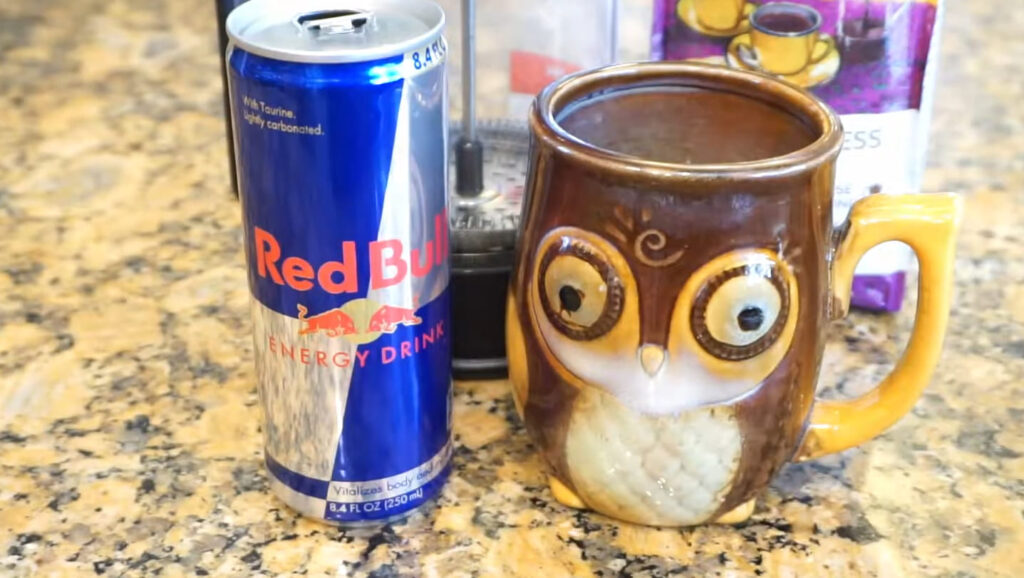
How to Mix Red Bull and Coffee?
If you do want to combine these two caffeinated beverages, here are some tips:
- Use a tall glass or cup to allow room for the fizz and foam. Red Bull can bubble up when mixed.
- Start with ice to help chill the drink. The cold temperature will make it more refreshing.
- Add the Red Bull first, then top off with coffee. The carbonation may dissipate if you pour coffee in first.
- Use a ratio of 1 part Red Bull to 2 parts coffee. This balances the flavors well without overpowering with coffee.
- Stir gently with a spoon to incorporate. Be careful of overflow from the carbonation.
- Consider adding milk, cream or sweetener to mellow out the taste. The coffee bitterness and Red Bull sourness can clash.
- Caffeine content will vary based on your coffee and Red Bull serving sizes. Be mindful not to overdo it.
- Drink slowly and stay hydrated. Caffeine can dehydrate you faster when consuming a blended drink.
Again, restraint is advised when mixing caffeinated beverages. But following these tips can create a more balanced, enjoyable drink if you choose to combine coffee and Red Bull.
Taste and Flavor Profile of Red Bull and Coffee
Part of the allure of mixing caffeinated beverages is crafting a new flavor experience. Here’s how the taste and aromas intersect when blending Red Bull and coffee:
- Bitterness – The bold, often bitter taste of coffee dominates the flavor profile. Red Bull has a milder bitterness that gets overpowered.
- Sweetness – Red Bull offers more sweetness with its high fructose corn syrup. This can help cut the harsh bitter notes of black coffee.
- Acidity – The bright, acidic tang of coffee comes through. Red Bull also has citric acid that boosts acidity.
- Fruit flavors – Red Bull has hints of apple, pear and other fruits that provide tangy fruit undertones.
- Carbonation – The bubbly effervescence of Red Bull alters the mouthfeel and can amplify the coffee’s aroma.
- Creaminess – Adding milk or cream tames the acidity and gives a smooth, creamy blend.
The complexity of the ingredients creates an intricate caffeinated flavor unique to the combo. It’s often described as bitter yet tangy, with an effervescent fruitiness. The exact taste profile will vary based on your preferred coffee and proportions used. Experiment to find your optimal blend.

Nutritional Comparison of Red Bull and Coffee
When mixing caffeinated drinks, it’s important to consider their nutritional value. Here’s how coffee and Red Bull stack up:
- Calories – Black coffee has almost no calories. Red Bull has 110 calories per 8.4oz can from sugar and other carbohydrates.
- Sugar – Coffee has no sugar unless added. Red Bull contains 27 g of sugar – over half the daily maximum. This sugar rush leads to an energy crash later.
- Caffeine – Coffee ranges from 95-200 mg per cup. Red Bull has 80 mg per can. Excess intake can cause adverse effects.
- Vitamins – Coffee has small amounts of B vitamins and potassium. Red Bull is fortified with B vitamins and also provides taurine and alpine rose extract.
- Hydration – Despite the water content, caffeine is dehydrating. Coffee and Red Bull should not be relied on for hydration.
- Nutritional value – Black coffee and Red Bull offer little inherent nutritional value. Milk, cream and sugar in coffee add nutrition like protein, fat, carbs.
Overall, coffee offers slightly more nutritional benefits, while Red Bull packs in sugar and calories. Mixing the two concentrates stimulants and sugars into one beverage. Moderation and awareness of your overall diet is key when combining caffeinated drinks.
Caffeine Content in Red Bull and Coffee
Caffeine is the active stimulant found in both coffee and Red Bull. Understanding how much caffeine is in each beverage can help guide safe consumption, especially when mixing the two. An 8.4 ounce can of Red Bull contains 80 milligrams of caffeine from ingredients like taurine and glucuronolactone. In comparison, an average 8 ounce cup of brewed coffee ranges from 95 to 200 milligrams thanks to the natural caffeine occurring in the coffee beans.
Factors like bean origin, roast style and brew method influence the caffeine levels in a given cup of joe. Generally speaking, darker roasts and methods utilizing finer grinds like espresso contain higher caffeine concentrations. Pre-ground coffee loses some caffeine during the roasting and packaging process. With homemade brews, the caffeine content depends on your personal preferences – using more grounds or steeping for longer draws out higher amounts. Iced coffee tends to have slightly less caffeine than hot.
So when combining coffee and Red Bull, you could easily exceed 300 milligrams of caffeine in a single serving. The FDA recommends limiting caffeine intake to 400 milligrams per day. Going over this threshold, especially in the short-term, can trigger jitters, insomnia, anxiety or other undesirable effects in sensitive individuals. Those with heart conditions face even greater risks from excess caffeine. Knowing the approximate caffeine content enables smarter mixing to avoid overstimulation.
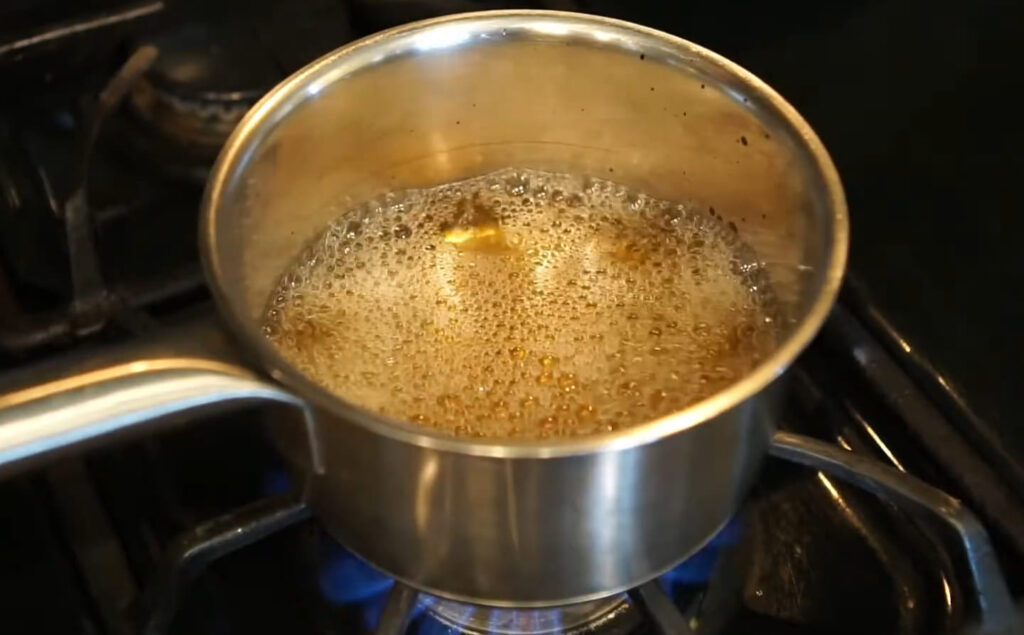
Health Effects of Mixing Red Bull and Coffee
While an occasional mixed coffee-Red Bull drink likely won’t cause harm, making it a habit can impact your health. Here are some considerations:
- Increased heart rate and blood pressure – The extra caffeine stimulates your cardiovascular system, increasing strain on the heart. This raises heart attack or arrhythmia risk.
- Anxiety and jitteriness – Excess caffeine consumption can induce anxiety, shakiness and nervous energy as it overstimulates the nervous system.
- Insomnia – The longer half-life of caffeine disrupts natural sleep cycles, potentially causing insomnia later at night.
- Addiction – Habitual intake builds caffeine dependence and tolerance over time. Withdrawal symptoms can occur if you rely on the caffeinated combo daily.
- Dehydration – As a diuretic, caffeine causes more frequent urination which can lead to dehydration. This also stresses the kidneys.
- Interactions with medications – Caffeine can enhance or alter the effects of some prescription drugs and over-the-counter medicines.
Moderating caffeine overall, avoiding late day consumption, and staying hydrated can help curb adverse effects if you choose to mix coffee and Red Bull. But restraint is advised, especially if you have certain medical conditions.
Red Bull Marketing Strategy and Its Impact on Mixing with Coffee
Red Bull’s ingenious marketing strategy has been instrumental to its dominance in the energy drink market. The company’s marketing mix utilizes product, price, place and promotion to full effect. Red Bull’s proprietary formula delivers a distinctive flavor and functional ingredient blend including high caffeine levels for energy and focus. This product differentiation attracts loyal customers. Strategic pricing makes Red Bull affordable as an everyday purchase but premium enough to convey quality. Widespread distribution through convenience stores, grocers and other retail outlets ensures easy access for consumers.
Red Bull further leverages its popularity through buzz-worthy experiential and guerrilla marketing campaigns. The brand ambushes youth-centric events like extreme sports competitions and music festivals to drive sampling. Empty Red Bull cans placed in visible locations give the impression the drink is widely consumed. Red Bull also generates viral content like extreme stunt videos that get shared online. This stimulating digital marketing presence keeps the brand relevant.
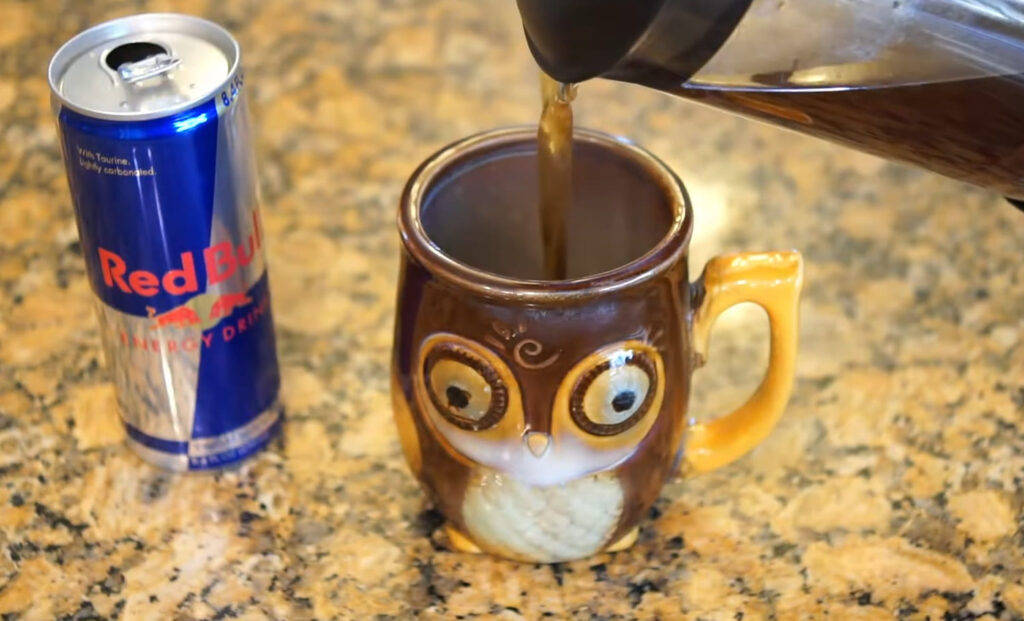
Given Red Bull’s strong brand recognition and reputation as an energy booster, consumers may be inclined to experiment with mixing it in coffee for an extra caffeine jolt. However, Red Bull’s marketing does not promote or endorse combining its product with alcohol or other caffeinated beverages. Responsible consumption is advised as the health effects of excess caffeine can be problematic. While Red Bull’s marketing has succeeded in making the drink ubiquitous, restraint should be practiced when blending it with coffee.
FAQ
Is it safe to mix Red Bull and coffee?
No, it is not recommended to regularly mix Red Bull and coffee. Combining these two caffeinated drinks can lead to excess caffeine intake, which can cause jitteriness, insomnia, elevated heart rate and other health issues. It’s best to moderate your overall caffeine consumption from all sources.
How much caffeine is in a Red Bull and coffee mixed drink?
A typical 8.4 oz Red Bull has 80mg caffeine, while an 8 oz brewed coffee has 95-200 mg. So a mixed drink could contain 175-280 mg caffeine, exceeding the 400mg daily limit for most healthy adults.
What are the effects of mixing Red Bull and coffee?
Potential effects of mixing Red Bull and coffee include increased anxiety, blood pressure, heart rate and risk of heart attack or arrhythmia. Too much caffeine can also cause dehydration and insomnia.
Can I drink Red Bull and coffee together daily?
No, drinking Red Bull mixed with coffee daily is not recommended. Caffeine tolerance can develop over time, leading to dependence. It’s best to limit caffeine intake from all sources to avoid health risks.
Is it OK to drink Red Bull and coffee for students pulling all nighters?
No, students should avoid relying on Red Bull and coffee mixes to stay awake for all nighters. Caffeine can impair sleep quality and focus. Better study habits, rest and healthy food/drinks are recommended over stimulant use.
What ratio of Red Bull to coffee is safest?
There is no scientifically recommended safe ratio. Limiting coffee to 8 oz and Red Bull to 4 oz or less will help cap caffeine below 400 mg per serving. But restraint is still advised even in small amounts.
Related Video: Redbull Coffee
Final Thoughts
While the caffeine-seeking crowd may be tempted to blend coffee and Red Bull for an amplified kick, restraint is advised. This zappy cocktail delivers a one-two punch of stimulants that can exceed healthy limits and stress your body. An occasional Red Bull and coffee may satisfy your craving for extra get-up-and-go. But making it a habit could lead to jitters, insomnia, cardiac strain and other unwelcome effects. Moderating overall caffeine intake – no matter the source – is key. If you do decide to test this turbo shot, drink slowly and stay hydrated to curb potential side effects. But skipping this sketchy mix altogether is the safest bet for your health.

